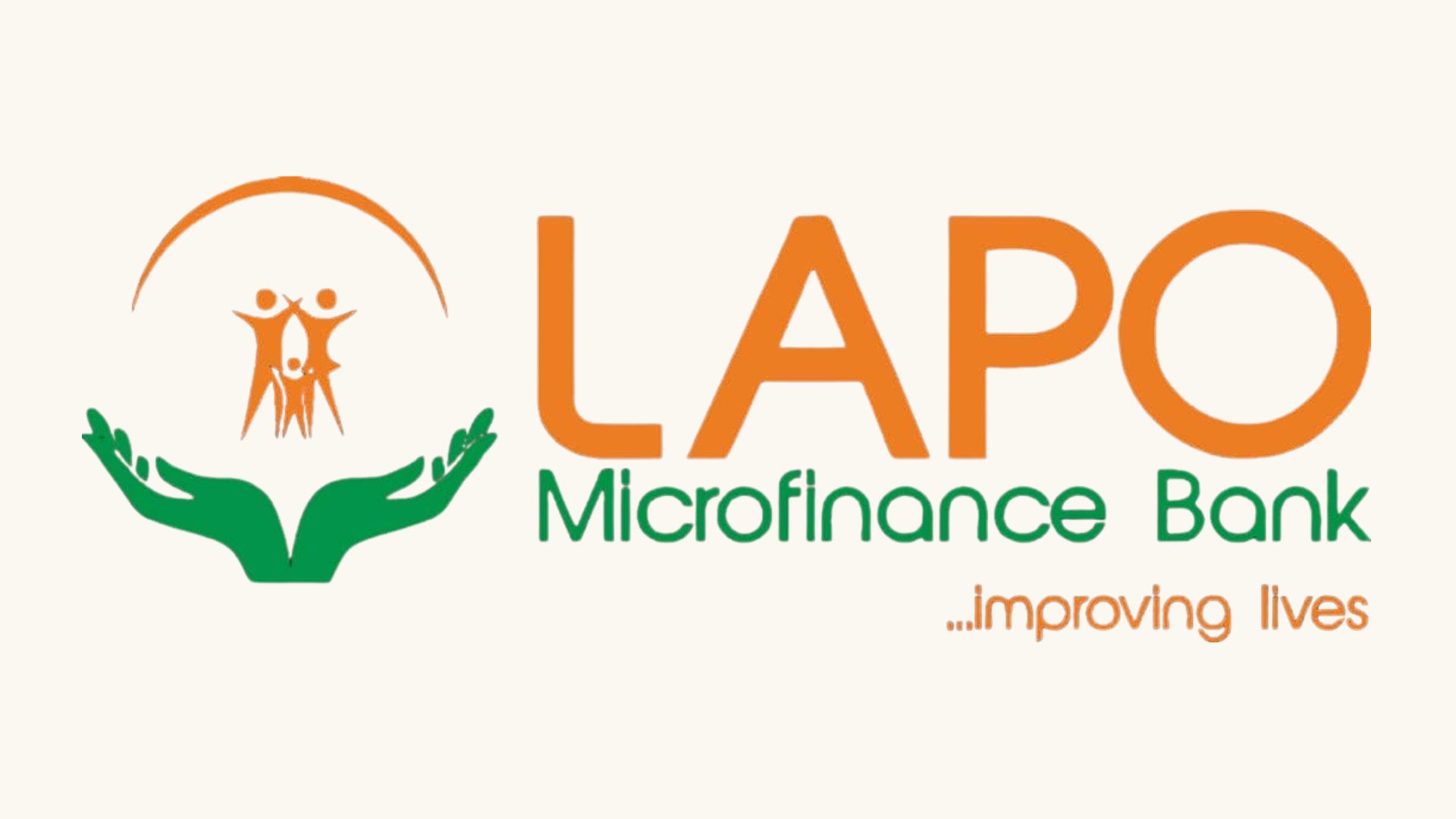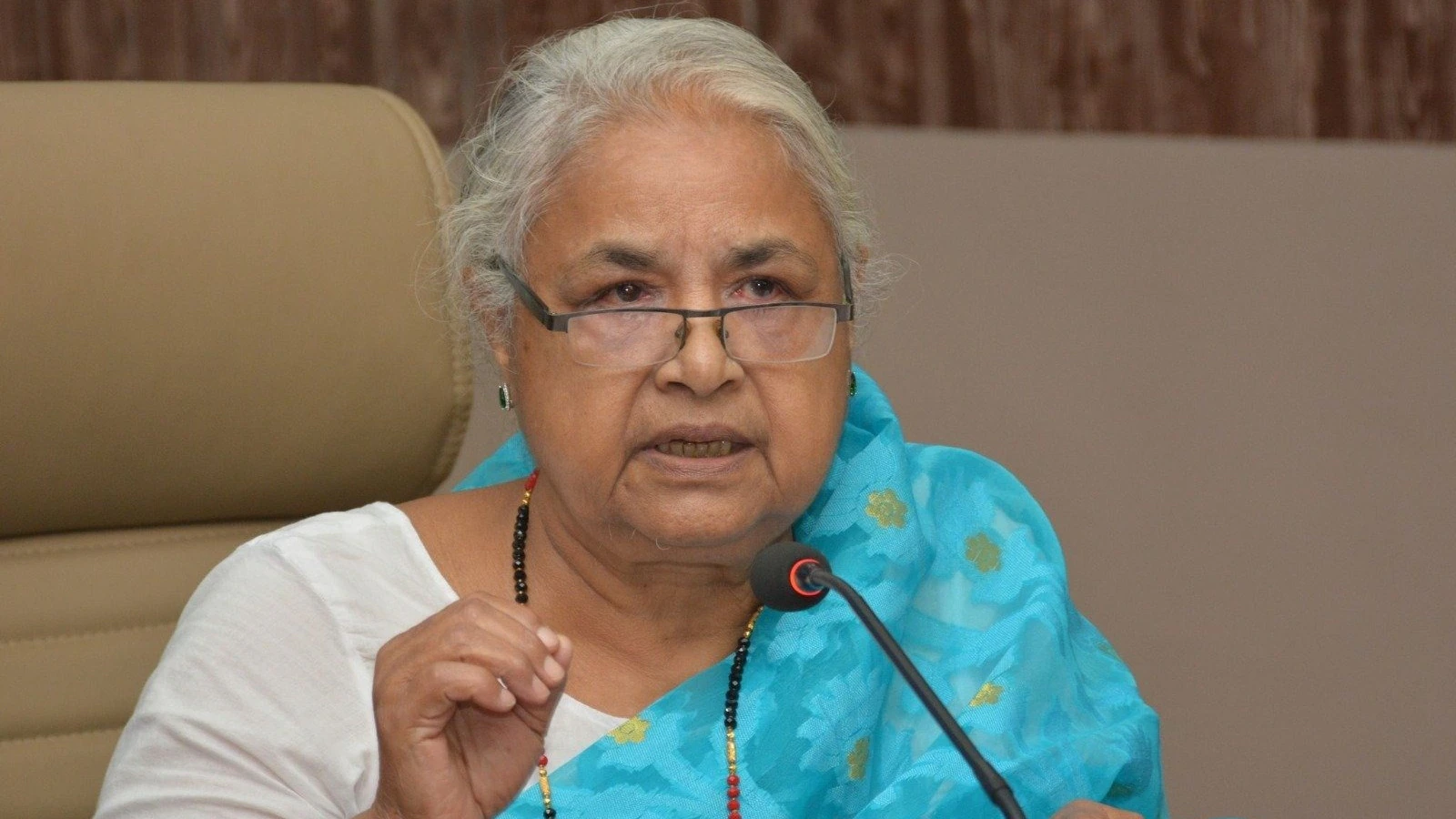By Bamidele Ogunwusi
Copyright independent

LAPO Microfinance Bank (LAPO MfB) has achieved a significant milestone in its ongoing environmental sustainability initiative with the successful planting of 500 trees in Aba-Aiyepe, Ijebu.
This effort is part of the Bank’s ambitious 3,000 Trees Project, which commenced earlier this year with tree-planting exercises at Ado Awaye and Pade School of Science in Oyo State.
The Aba-Aiyepe tree-planting marks a major stride in LAPO MfB’s mission to combat climate change, promote environmental conservation, and positively impact communities through eco-sustainable initiatives. The 3,000 Trees Project aligns with the Bank’s broader sustainability vision of contributing to global environmental goals while deepening its grassroots connection across Nigerian communities.
Speaking at the milestone event, the Director of Marketing and Communications at LAPO Microfinance Bank, Mr. Oluremi Akande, said:
“At LAPO MfB, sustainability is at the core of our mission. The planting of 500 trees here in Aba-Aiyepe is more than a symbolic gesture; it is a commitment to future generations. We believe that financial empowerment must go hand in hand with environmental responsibility, and through this initiative, we are helping communities build resilience against the pressing realities of climate change.”
In his remarks, HRH Oba Michael Kolawole Adekoya (Olugboyega I, Ilufemiloye, Atayese Oodua), the Alaiye-Aba of Aba-Aiyepe, Ijebu, commended LAPO MfB’s dedication to environmental stewardship:
“This tree-planting initiative is a blessing to our community. By planting 500 trees in Aba-Aiyepe, LAPO Microfinance Bank has shown that it is not only committed to financial inclusion but also to the preservation of our environment and the well-being of our people. We are proud to partner in this noble cause and look forward to the lasting benefits these trees will bring.”
The event reinforces LAPO MfB’s leadership as a socially responsible institution, integrating financial services with initiatives that promote sustainability, economic empowerment, and community development.



